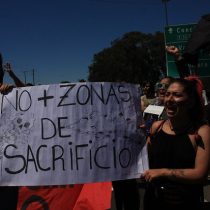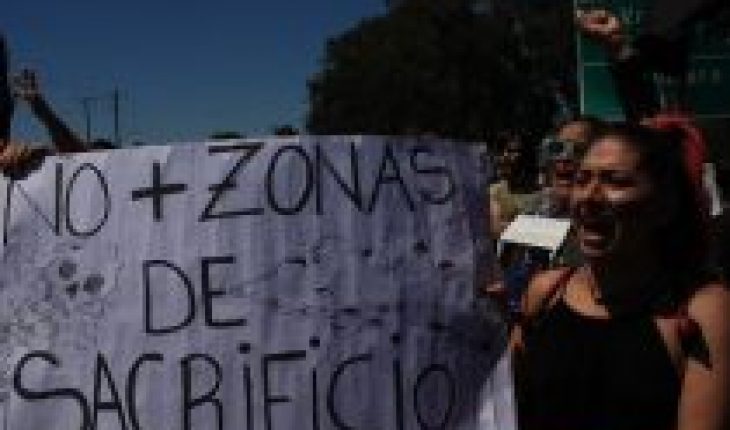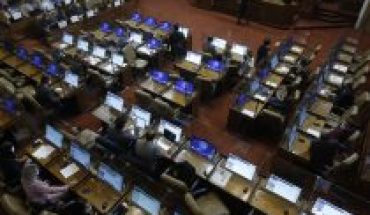
The right to breathe clean air is one of the fundamental components of the human right to a healthy environment, as stated by the United Nations Special Rapporteur on the Environment and Human Rights, David Boyd, in 2019. The direct threat to this right is air pollution. Air pollution also negatively affects the enjoyment of other human rights, such as the right to life and the right to health, especially among the most vulnerable groups in our society.
To guarantee this human right, the State must not only prevent its violation through the actions or omissions of its own agents and bodies, which is known as the duty of respect, but must also protect individuals from violations committed by third parties, such as polluting industries. This obligation is known as the indirect and horizontal effect of States’ human rights obligations. Therefore, when a State fails to take measures to protect individuals from abuses committed by individuals, it fails to comply with its human rights obligations.
For example, the European Court of Human Rights, in López Ostra v. Spain (1995), determined that Spain did not take reasonable steps to prevent the serious effects of air pollution caused by a private waste treatment plant, violating the right to privacy of those living near the plant.
Among the measures that the State should take to ensure the right to breathe clean air, David Boyd’s report mentions the ongoing monitoring of air quality and the effects of pollution on the health of the population. States should also identify different sources of pollution, produce public reports, introduce legislation and develop action plans, avoiding discrimination and regressive measures in their implementation. Finally, these instruments should be evaluated and updated periodically with the participation of affected communities.
Today in Chile there are 17 locations in 11 regions of the country declared as areas saturated by air pollution. This means that the measured concentration levels of pollutants regulated in environmental quality standards exceed the maximum permitted levels. Many of these towns have been sadly condemned to becoming environmental culling zones, i.e. they bear the burden of many industries as well as heavy pollution. Therefore, in these areas the right to live in a healthy environment is violated day by day, putting the life and health of the local community at risk.
Some of the locations where these rights have been permanently violated are Quintero and Puchuncaví where the Ventanas industrial complex operates since 1958 with more than 17 companies, including state-owned companies such as the Empresa Nacional de Petróleo (ENAP) and the National Copper Corporation (CODELCO). The systematic violation of human rights in this case was reported more than a year ago by the Chilean Supreme Court in a judgment that has been classified as historical. This judgment ruled against different state authorities because of the massive poisoning that occurred in those locations in 2018 as a result of the emission of toxic gases by the industrial complex, a situation that left more than 1,300 people affected.
After a year of the court ruling and nearly two years after the episodes of mass poisoning, the nature and sources of the pollutants that caused the crisis are still unknown. There is still no sufficient response from the convicted authorities within a more than reasonable period of time. Since the court’s decision, there have been 74 coal spills, several environmental alerts and pre-emergency statements, and worse, all in the midst of the health crisis caused by COVID-19, where breathing clean air is essential. Unfortunately, companies continue to pollute with impunity.
The community has knocked on every possible door, but none of the Court’s decisions have been fully implemented. In this context, the State’s obligation to fulfil its duty to respect and protect the lives of the affected population is urgently reaffirmed, providing effective solutions to prevent this history from repeating itself.
The content poured into this opinion column is the sole responsibility of its author, and does not necessarily reflect the editorial line or position of El Mostrador.





